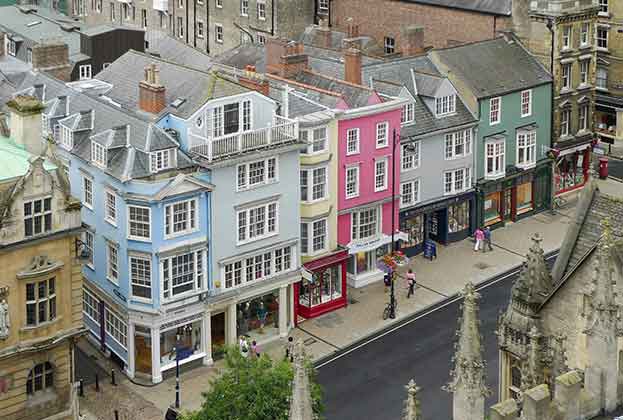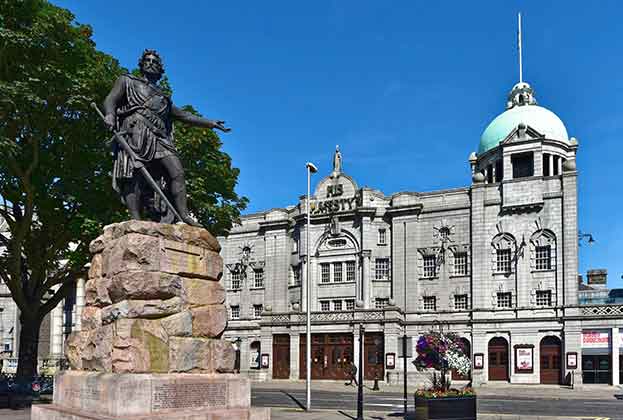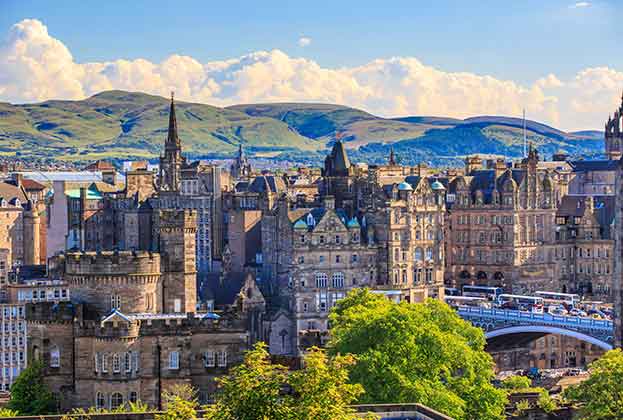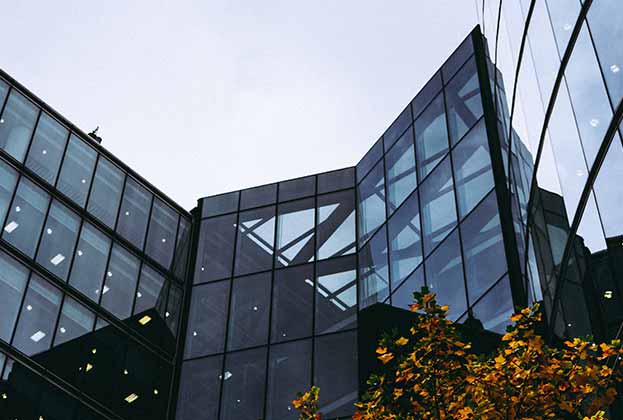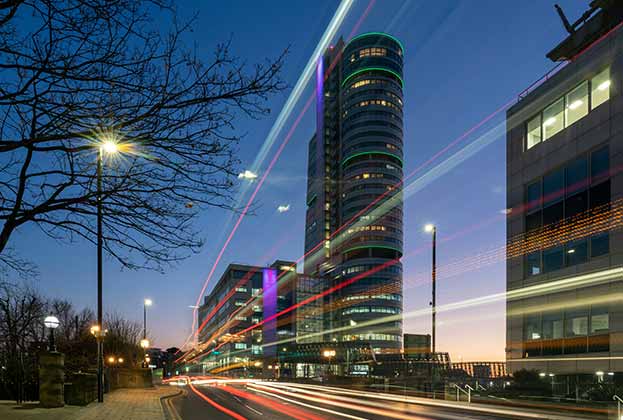Back in the 1980s Britain welcomed the business park, a US export that revolutionised office space and saw a number of large corporate firms make the move out of town where they could enjoy perks such as parking and sizeable floor plates. Yet, while new trends emerged and office buildings adapted to suit the ever evolving needs of occupiers, many of the parks did not and as a result became increasingly obsolete.
Fast forward, however, and you’ll find that the business park is back with a vengeance. Chiswick Park, undoubtedly the pioneer of the revival, has been a leading example for the past 15 years by advocating its enjoy-work philosophy. Yet, despite having a globally successful model, it has taken some time for others to follow suit.
As evidenced by Chiswick Park, amenity is crucial to both attracting and retaining businesses. As a result, a number of the parks, including Arlington Business Park in Theale and Green Park in Reading, have undergone significant transformations, boasting everything from floating meeting rooms situated on lakes to inter-company speed dating.
What’s more, while once the large floor plates were the draw for many companies, the shift towards agile working has meant that occupiers have become increasingly more efficient in how they occupy their space. According to Savills data, the average deal size across the parks has reduced by as much as 46 per cent since 2007, so flexibility is key. Consequently, once the domain of corporates, the parks are increasingly looking to attract start-ups and SMEs in order to help harness a more collaborative atmosphere.
Essentially, the whole experience allows these types of businesses to ‘plug-in’ to events programmes and different food and beverage options in order to offer their staff the benefits traditionally associated with corporates or town centre occupiers.
Another way of enticing SMEs and start-ups to business parks has been to launch a number of incubator initiatives, for example Grow at Green Park and The Enterprise Centre at Thames Valley Science Park. By fostering talent, the parks can create a business life cycle, providing the necessary grow-on space as well as a place to start.
No longer are business parks considered a relic of the past. In fact rental differentials in some areas between in-town and out-of-town space is now minimal. As parks undergo extensive refurbishment, landlords can be confident that they no longer have to offer tenants a significant discount, especially if it comes with an inbuilt sense of community.
In Reading for instance, out-of-town rents stand at £36.50, while in-town is just £38 per sq ft, proving that with successful asset management anything is possible.
The fact that 2 million sq ft of speculative space has been built on UK parks since 2011 demonstrates that confidence remains in the out-of-town market. So, despite its retro roots, unlike the mullet and 80s power suits, the business park revival is well underway.
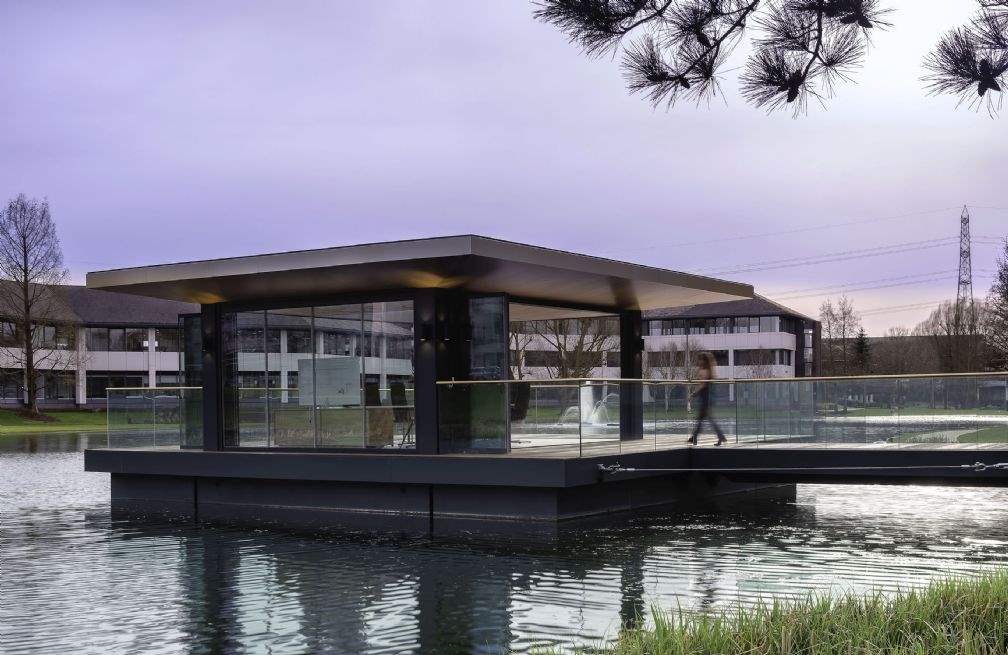
-impact-the-office-sector(1).jpg)
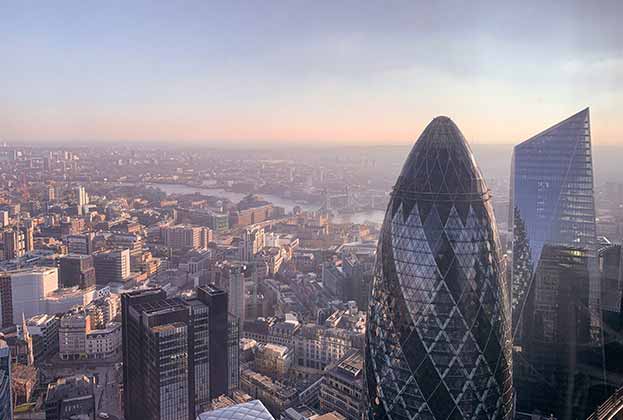
.jpg)
